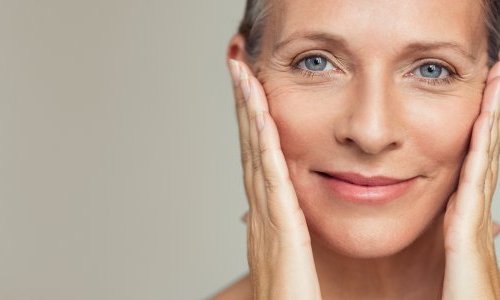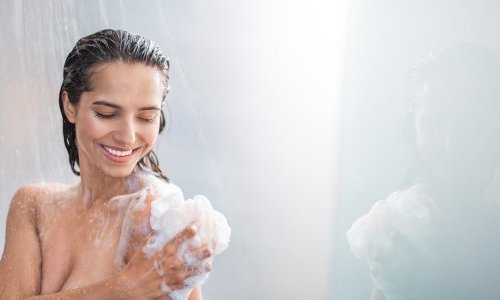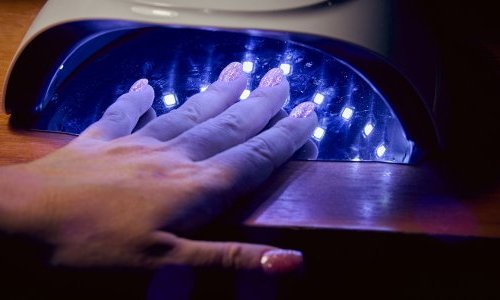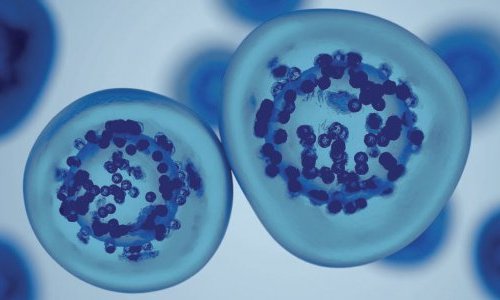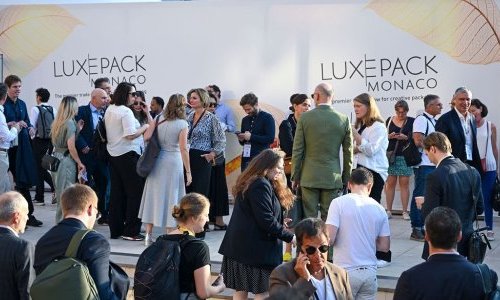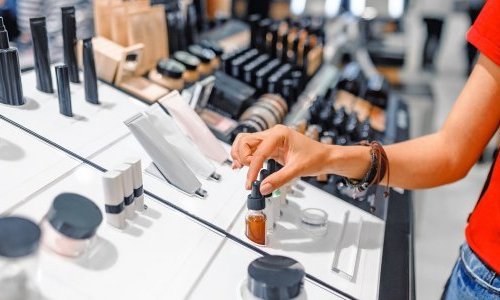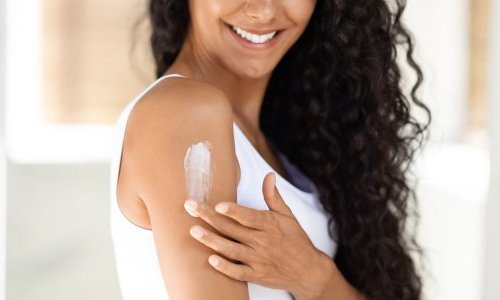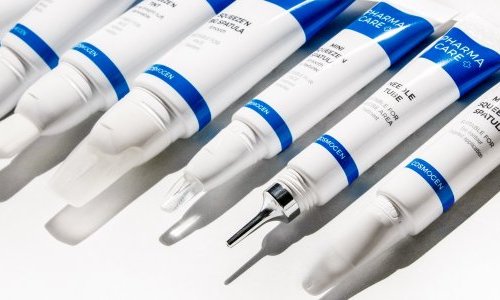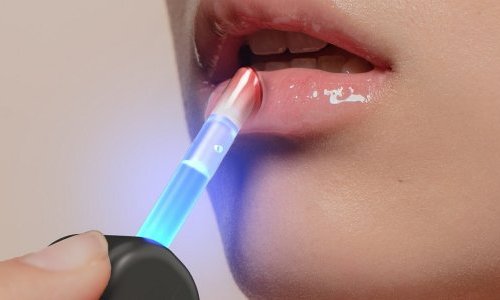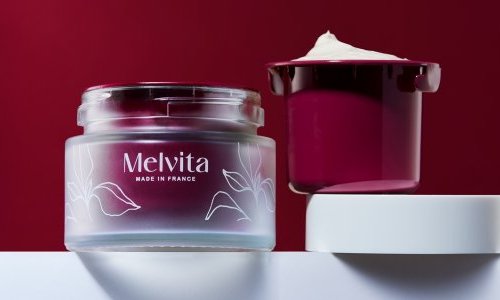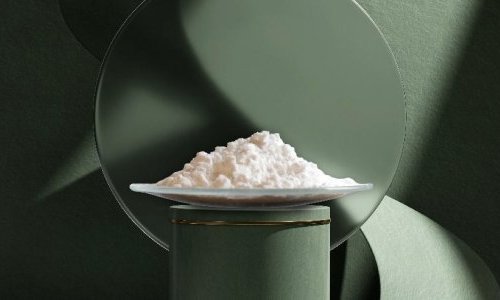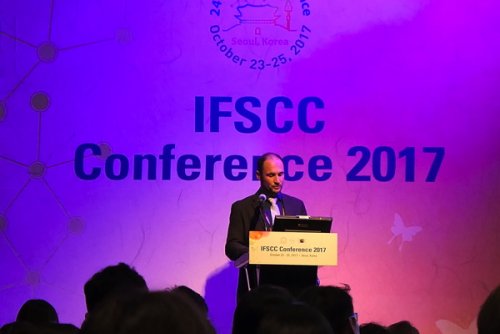
Pollution and its impacts
Once again, the fight against the deleterious effects of pollution on the skin resulted in a great number of communications and posters. Whether considered from the angle of study models, the ingredients available, or the impacted biological targets, this issue is getting broader and broader and gradually integrates new elements.
BASF has developed a machine that can expose the hair to both exhaust gases and UV radiation at the same time. “The impact of pollution on the hair has not been much studied so far, whereas when our hair comes in contact with pollution, its composition and aspect changes. Our machine reproduces what is observed in reality with an exposure modulation system,” explains Zhi Rao, of BASF China. Shiseido uses the effects of repulsion related to electrostatic forces with a polymer based on phosphorylcholine which prevents fine particles and pollen from sticking to the skin. In partnership with Cytoo, Gattefossé designed special equipment to study the biological effects of the light emitted by screens on the skin. The two companies have provided evidence of the significant impact of screen exposure on the function and mitochondrial dynamics of skin fibroblasts. As for Silab, they shared their work on mitochondria and cell stress.
Asian skins
The congress was held in Asia, so specific studies on that market were shared. The correlation between the skin parameters of 411 Korean women and their genomic analyses helped identify new aging markers. Another study conducted on 5,205 Asian subjects provided obvious evidence that as we get old, wrinkles increase, elasticity reduces, and above all, the size of skin pores is an important marker of aging. Lastly, Amore Pacific – the company was the first to place cushion products on the market and is still the leader on this segment – studied the new expectations for this type of products in three Asian countries (Malaysia, Singapore, Thailand).
Microbiota, sustainability, efficacy
The other themes tackled also provide an overview of the main topical issues for the cosmetics industry: the skin barrier, the microbiota, the art of formulating more efficient, but also greener products, makeup formulation.
Next year, on September 18-21, 2018, it is Germany that will host, not the IFSCC conferences, but the 30th annual IFSCC Congress.

